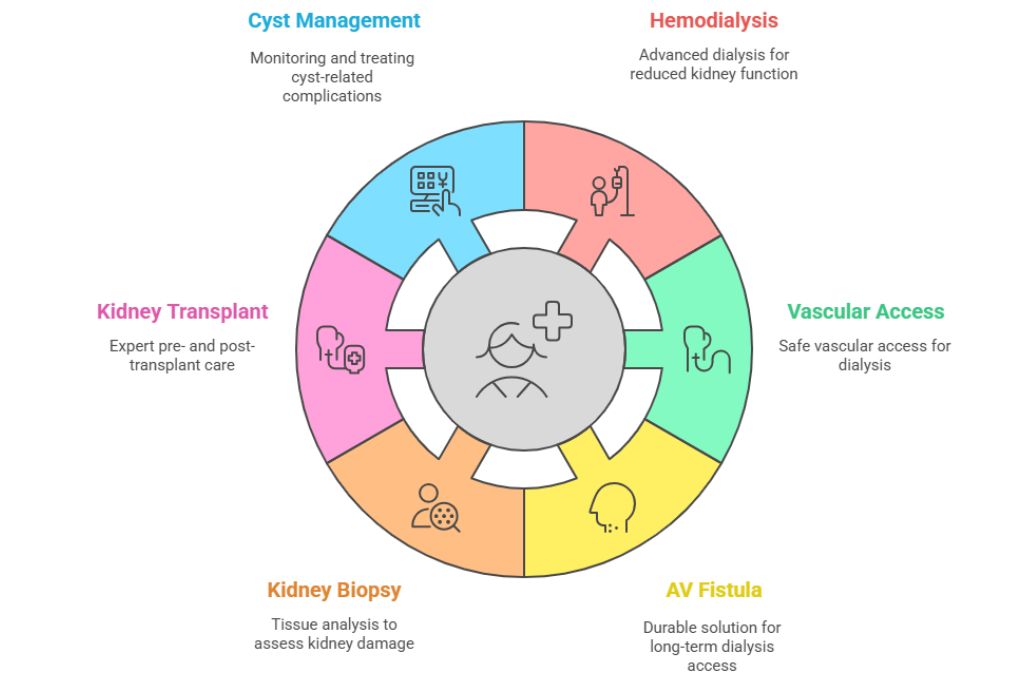What is Polycystic Kidney Disease?
Polycystic Kidney Disease (PKD) is an inherited disorder that gradually impacts kidney function and
requires ongoing medical attention. For patients seeking advanced PKD treatment in Gorakhpur, Dr. Arpit
Srivastava provides comprehensive nephrology care designed to control symptoms, slow disease
progression, and enhance quality of life. Known for his expertise and compassionate approach, he has
become the trusted choice for patients across Purvanchal who rely on him for world-class kidney care.
Polycystic Kidney Disease (PKD) is an inherited disorder marked by the development of fluid-filled cysts
in the kidneys. These cysts can cause kidney enlargement, impair function, and lead to complications
such as high blood pressure, kidney stones, or even kidney failure. Since PKD is a lifelong condition,
early diagnosis and consistent care are essential to slow its progression and maintain a better quality
of life.
+91-7054357996

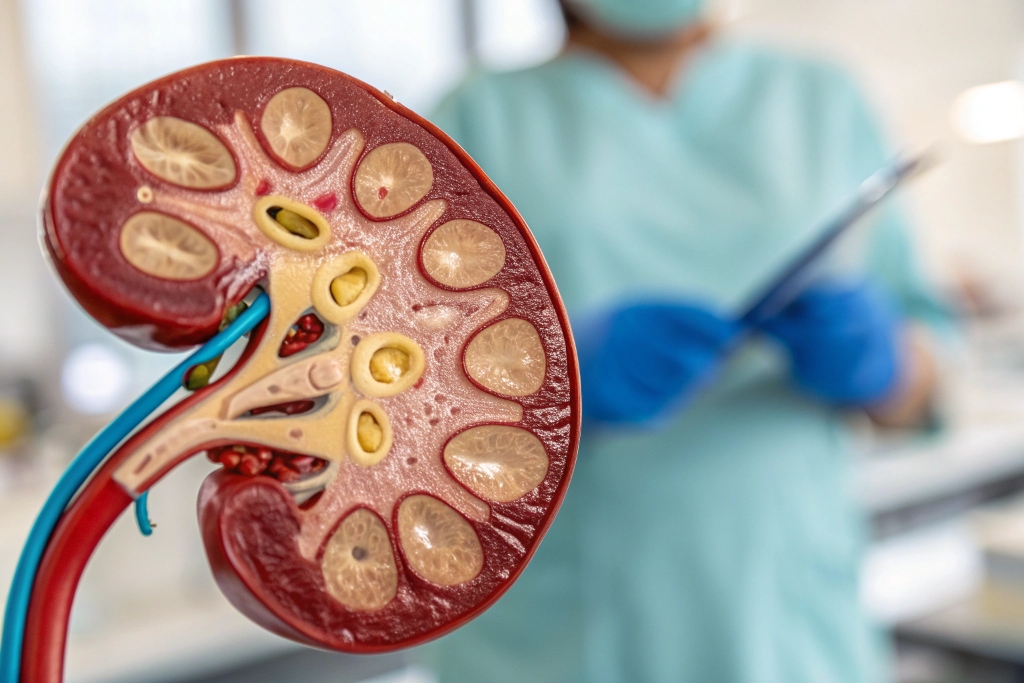
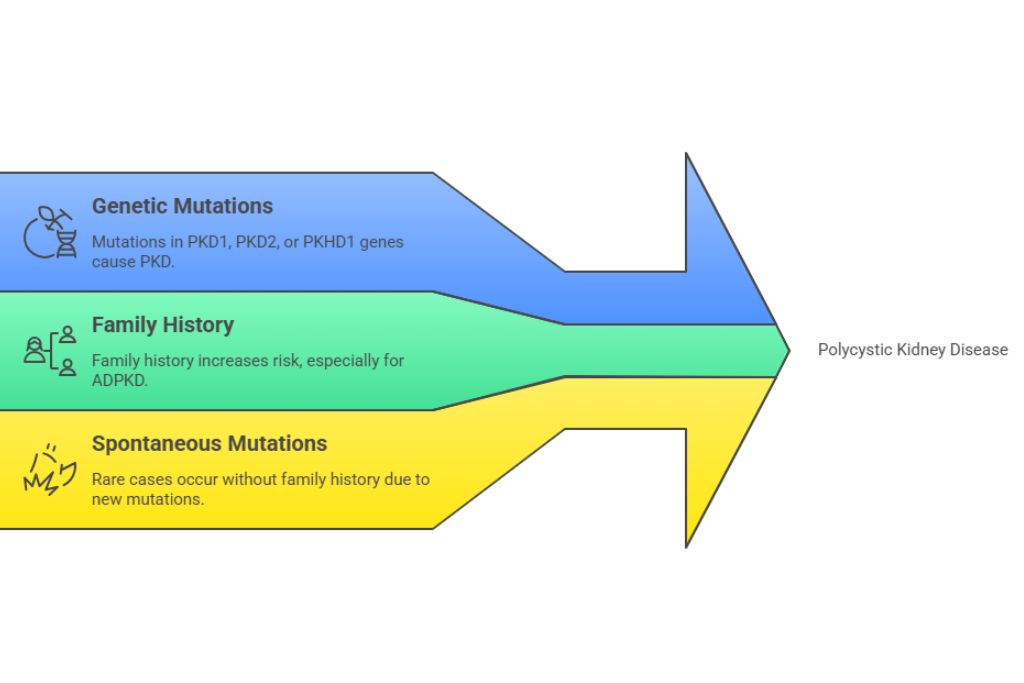
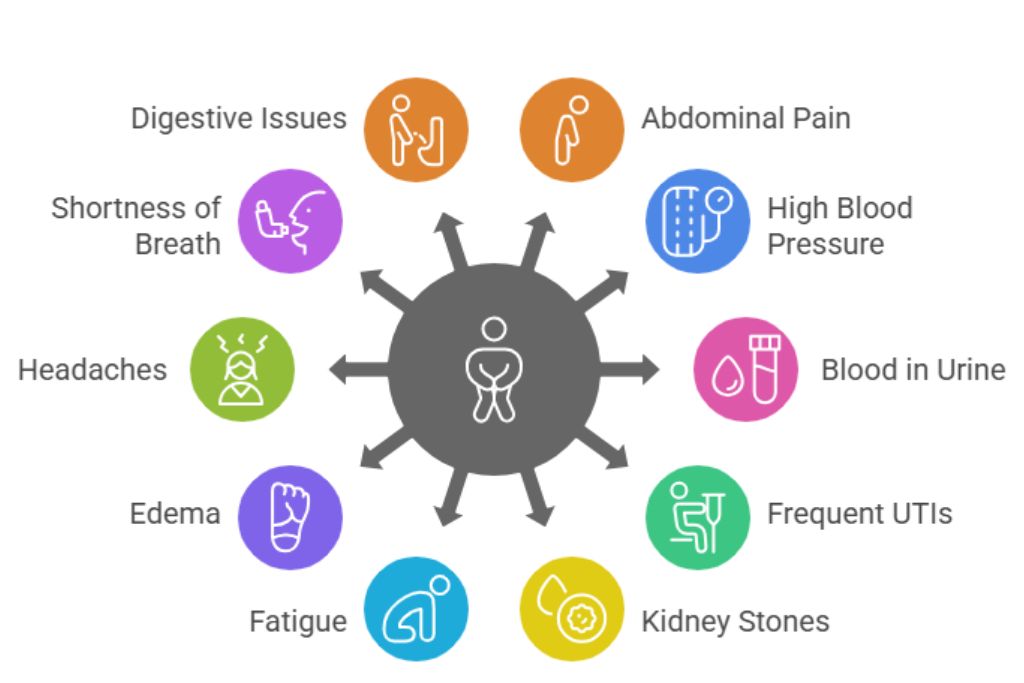
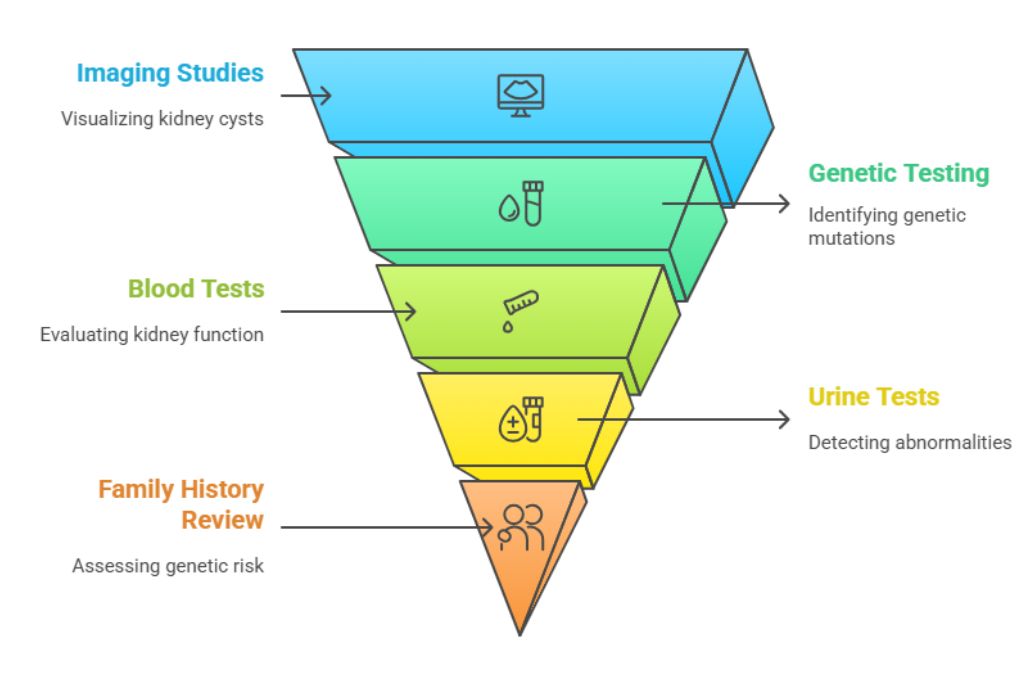


.png)
.png)
